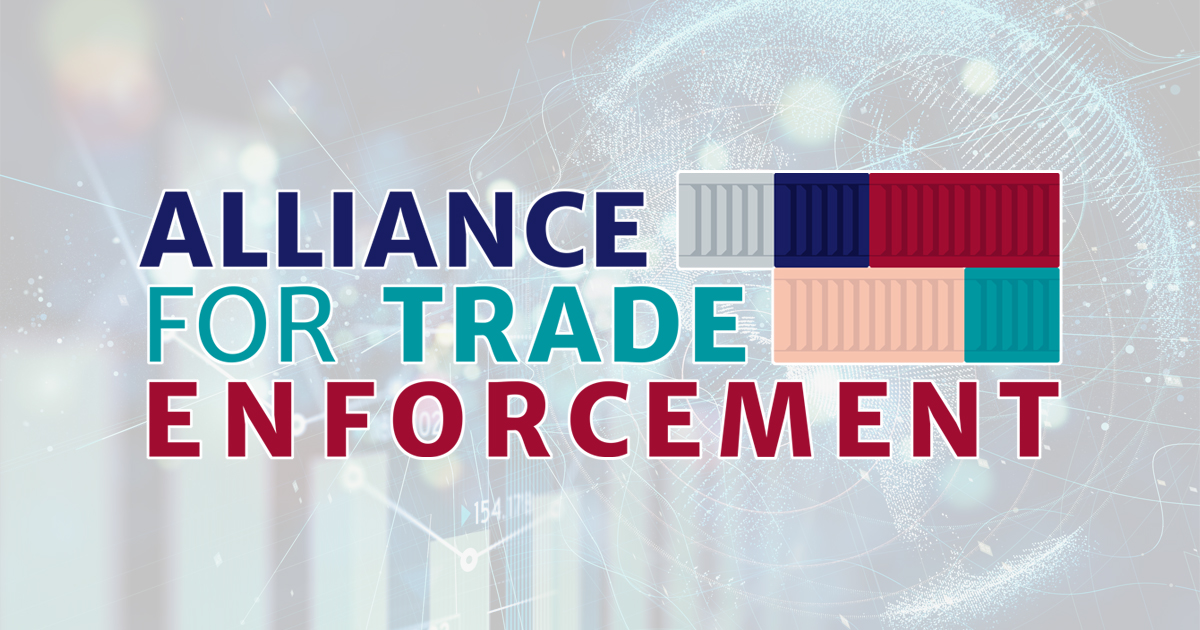|
American businesses have always faced challenges navigating India’s legal and regulatory environment due to a complicated patchwork of regulations, a frequent lack of transparency and good regulatory practice, and the Indian government’s tendency to favor local companies. But the regulatory environment in India has become increasingly problematic for foreign firms since the start of the Covid-19 pandemic, creating clear barriers to trade that are harming businesses and workers.
For example, the Indian government enacted a series of measures beginning in 2020 that have curbed exports of U.S.-made products. One such measure, the Toys Quality Control Order 2020, requires Indian regulators to conduct in-person inspections of foreign factories wishing to export their products to India. But India stopped allowing inspectors to travel abroad, citing pandemic concerns, which made in-person inspections impossible. And unlike other countries, India has refused to allow virtual inspections. This decision has kept many manufacturers in the United States from meeting India’s quality control requirements and therefore prevented them from entering India’s toy market.
In addition, many manufacturers have faced growing delays in product approvals by Indian government agencies. India instituted new requirements for local testing and certification that differ from international standards. New draft rules on chemical management are overly cautious, and thus burden chemical manufacturers with notification, registration, labeling, and packaging requirements that are not required of India’s domestic manufacturers.
Similarly, opaque regulatory approaches and local data requirements for biotechnology and medical devices delay approvals for U.S. products. These requirements can also force U.S. pharmaceutical companies to launch costly, duplicative clinical trials, thereby deterring some firms from entering the Indian market and subsequently hurting manufacturers in the United States.
India’s regulatory practices continue to harm U.S. exporters and market access in India. In fact, manufacturers in the United States exported fewer products to India in 2021 than to countries such as the Netherlands and South Korea, which have much smaller economies.
AFTE is hopeful that India will change course and adhere to good regulatory practices — and address key trade barriers facing U.S. manufacturers. Just last fall, the Indian and U.S. governments relaunched the U.S.-India Trade Policy Forum (TPF) to “develop an ambitious, shared vision for the future of the trade relationship.” The two governments agreed on the benefits of “transparency in the rulemaking process” and shared their commitment to exploring “ways to enhance good regulatory practices.” Ending discriminatory regulatory practices and removing technical barriers to trade would foster a robust, mutually-beneficial trading relationship in the future.
|


